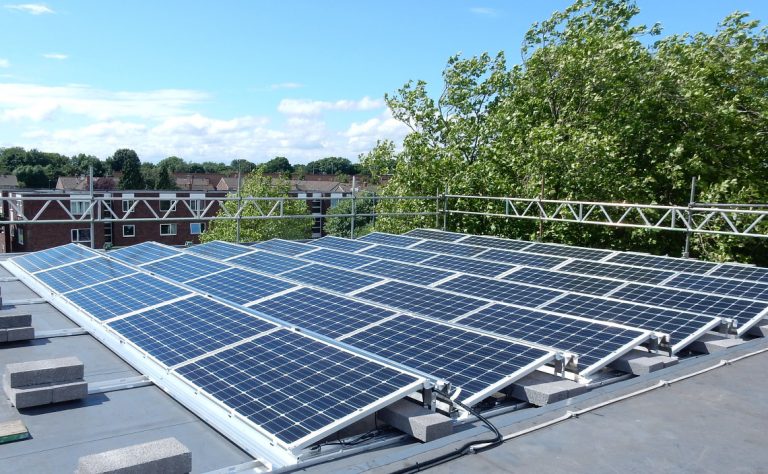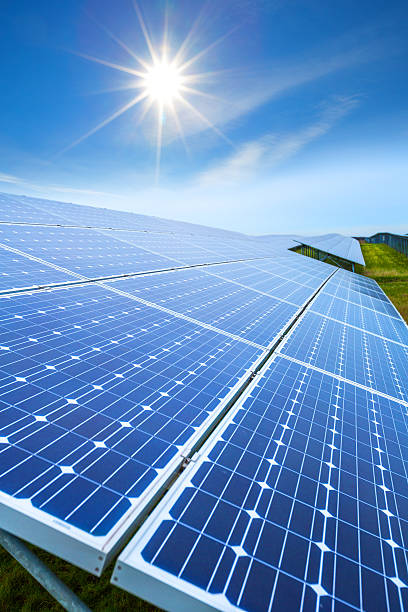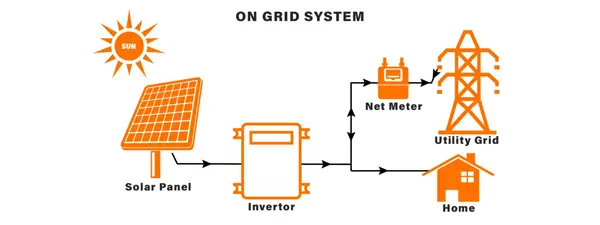The Advancements and Benefits of Solar Installation

Solar installation has emerged as a pivotal solution in the pursuit of sustainable and clean energy. With increasing concerns about climate change and the depletion of traditional energy sources, solar power has gained prominence as an eco-friendly and renewable alternative. This article explores the advancements and benefits associated with solar installation.
Advancements in Solar Technology:
1.Photovoltaic (PV) Technology:
Solar panels, the primary components of solar installations, have undergone significant advancements. Improvements in photovoltaic technology have led to higher efficiency rates, allowing solar panels to convert more sunlight into electricity.
2.Thin-Film Solar Cells:
Innovations in thin-film solar cells have resulted in flexible, lightweight, and more aesthetically pleasing solar panels. These can be integrated into various surfaces, such as building materials, making solar installations more versatile.
3.Energy Storage Solutions:
The development of efficient energy storage systems, such as lithium-ion batteries, has addressed the intermittent nature of solar power. These batteries store excess energy generated during the day for use during periods of low sunlight or at night, providing a reliable power supply.
4. Smart Inverters:
Advanced inverters optimize energy production by adjusting the voltage and frequency of the electricity generated. These smart inverters enhance the efficiency and reliability of solar installations.


Benefits of Solar Installation:
1. Renewable Energy Source:
Solar power is a renewable and inexhaustible energy source, as sunlight is abundant and available virtually everywhere. Harnessing solar energy reduces dependence on finite fossil fuels, contributing to a more sustainable future.
2. Reduced Carbon Footprint:
Solar installations produce electricity without emitting greenhouse gases, helping to mitigate climate change. By choosing solar power, individuals and businesses can significantly reduce their carbon footprint and contribute to a cleaner environment.
3. Lower Energy Costs:
Once installed, solar panels generate electricity at no ongoing cost, except for maintenance. This can lead to substantial savings on electricity bills, making solar installations a cost-effective choice in the long run.
4. Energy Independence:
Solar power provides a degree of energy independence, reducing reliance on external energy sources. This is particularly important in regions vulnerable to energy supply disruptions or fluctuations in energy prices.
5. Job Creation:
The growth of the solar industry has led to job creation in manufacturing, installation, maintenance, and research and development. This sector not only promotes environmental sustainability but also contributes to economic growth.

